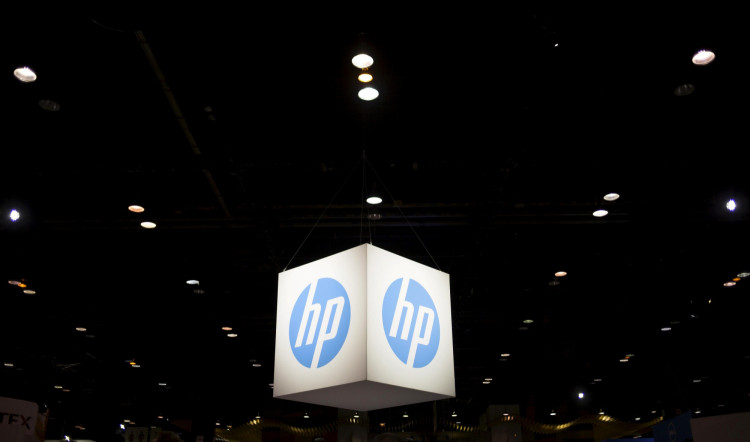Hewlett-Packard, or HP, has once again rejected a takeover offer made by Xerox Holdings Corp, despite a substantial raise. The California-based information technology company stated that Xerox's raised $35 billion to acquire the company is substantially undervalued.
The latest offer to buy out HP was made by Xerox last month after it announced that it had raised its offer by $2 to $24 per share and a 0.149 share ratio of Xerox stock for every share of HP stock. Prior offers that were significantly lower were all rejected by HP, with the company making the same reasons for its previous decisions. HP currently has a market capitalization of around $30.7 billion, while Xerox is much smaller with a market capitalization of only around $6.85 billion.
HP pointed out on Thursday that a merger with Xerox would disproportionately benefit the latter's shareholders relative to its shareholders. The company urged all of its shareholders to unanimously reject any of the company's unsolicited acquisition offers.
As part of its efforts to avoid any further aggressive action, HP announced that it would be imposing a new policy that would prevent any investors or shareholders from amassing more than a 20 percent stake in the company. The plan is meant to counter Xerox's aggressive strategy of placing its board of directors to force a merger. After failing to close a deal during its previous attempts, Xerox has openly announced that it would replace board members with those who are for the merger by purchasing substantial stakes in the company.
According to HP board chair, Chip Bergh, Xerox's latest offer would leave its shareholders in a very vulnerable position if it went ahead with the merger. He explained that Xerox's "irresponsible level" of debt would only manage to compromise the combined company, affecting its business and ultimately its bottom line.
Bergh mentioned in a statement that the merger would require "unrealistic" and "unachievable" synergies to make sense and that failing to do so would only serve to jeopardize the combined company.
To further drive his point and to explain why the company had rejected the $35 billion offer, Bergh pointed out Xerox's continually declining sales. He also brought up Xerox's decision to sell its interests in its joint venture company with Fuji, which has become a point of concern for other board members.
In November of last year, Xerox announced that it has sold its 25 percent stake in Fuji-Xerox, its joint venture company with Fujifilm Holdings. The transaction valued the stake at around $2.3 billion






